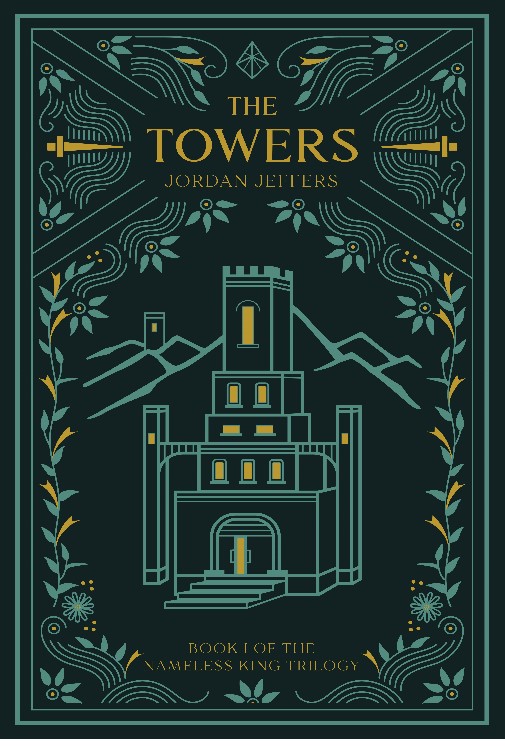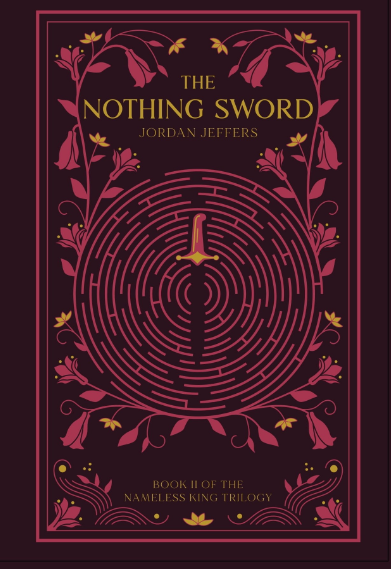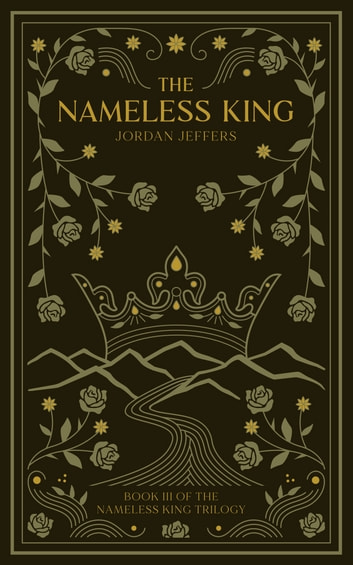Book review in one tweet
75 frantic pages from a mind that can't stop thinking, and a heart that can't stop breaking.
Favorite quote
Do I hope that if feeling disguises itself as thought I shall feel less? Aren't all these notes the senseless writhings of a man who won't accept the fact that there is nothing we can do with suffering accept to suffer it? Who still thinks there is some device (if only he could find it) which will make pain not to be pain. It doesn't really matter whether you grip the arms of the dentist's chair or let your hands lie in your lap. The drill drills on.
Review

There's this word in philosophy: "theodicy." I learned it during my intro to philosophy course in college. Roll it out to impress your friends. It's basically a kind of philosophical defense of God, a logical argument for the existence of pain in the world, an answer to the question, "Why do bad things happen to good people?"
I hate theodicies. Hate 'em. You know how much I hate 'em because I've slipped into an old-timey dialect.
It's not that the people who write them have the wrong intentions, or even necessarily that they aren't convincing (because some of them are pretty convincing). I hate 'em because any attempt to explain the existence of pain is ultimately hollow. The problem of pain is not a philosophical problem. It's a personal one. It doesn't matter if the geniuses can reason pain out or not, what matters is what you do when the pain comes. Whether you hold onto hope, faith, and love, or whether you let the storm sweep you over the side.
That's why I chose to review A Grief Observed rather than Lewis's own theodicy, The Problem of Pain. Because in this little book, we get to see the greatest popular philosopher of the modern era in pain, living through the death of his wife, Joy Davidman, and all the heartbreak that follows from it. (FYI: He originally wrote the book under the pseudonym N.W. Clerk, hence the cover image above. Apparently he really liked abbreviating the first two initials of author names.)
His response is to turn again to his philosophy, to spiral round and round the same old questions. But even when he finds what seem like good answers, the answers don't help him where it really matters. The answers don't "make the pain not to be pain." Basically I'm saying that I really liked this book because it helps me prove a point, which is pretty much why most of us enjoy non-fiction books.
And beyond those larger questions of God and pain, Lewis has a fascinating take on the nature of memory, and his fear of losing the "reality" of his wife, the hard corners and rough edges, the way she would surprise him and disagree with him, the way her presence made it impossible for him to fit her into box of his choosing. This appreciation for reality is refreshing in a philosopher, and I don't think it's a coincidence that it comes in this, his least philosophical book.
Nerd rating
8 wizard staffs (out of 10)
If you're a true Lewis fan, spend the thirteen bucks and get the current HarperCollins edition. It's a beautiful looking book, with old timey pages that are different widths, so it's super annoying when you're trying to flip through it. It'll look good on the shelf though, or on the bus when you're reading it.
Non-nerd rating
8 cold, frosty beers (out of ten)
One of the few books with the same rating for nerds and non-nerds alike. Grief and pain are universal human experiences, and Lewis's style is (as usual) clear and accessible. I'd suggest borrowing it if possible, or getting a used version somewhere. Thirteen bucks is a little steep for 75 pages.
If you really want to read a theodicy, Jordan Jeffers recommends the Book of Job. You can give him electronic encouragement via the little Facebook and Twitter buttons below. It means more to him than you might think.



